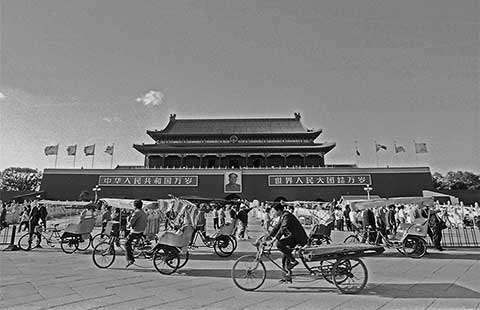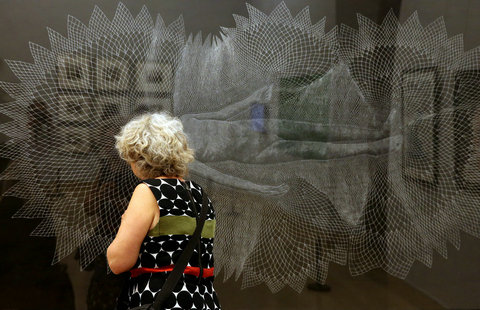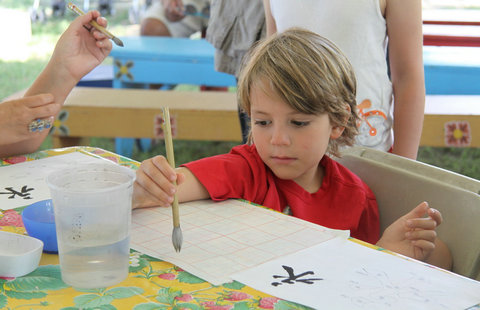When in Xi'an, learn Chinese calligraphy
By Lu Hongyan and Ma Lie in Xi'an ( China Daily ) Updated: 2012-07-03 10:52:46
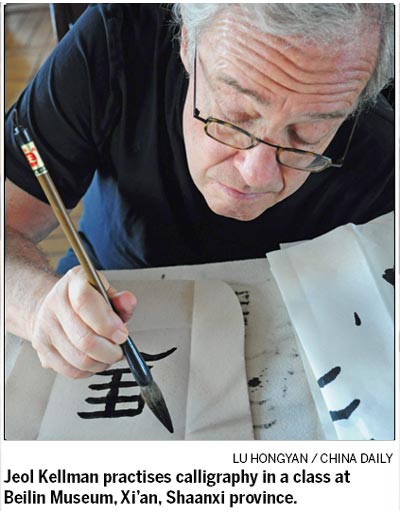
Acclaimed for its Terracotta Warriors, Xi'an is fast becoming the place to learn Chinese calligraphy.
Since July 2011, more than 300 foreigners have started Chinese calligraphy courses in the city's Beilin Museum, which contains the largest and richest collection of ancient Chinese stone tablets, says Wu Ruchang, the museum's calligrapher.
"More foreigners now like to learn Chinese and they feel proud if they can also write Chinese calligraphy," Wu says.
Most of the students are from the United States including high flyers such as Wall Street bankers, corporation CEOs, financial elites, writers, doctors, lawyers and cultural scholars.
Jeol Kellman, a doctor from the US, has been to China more than 10 times but this is the first time he has enrolled in a Chinese calligraphy class. "I like Chinese culture and calligraphy very much, but I did not know how to write such beautiful words with a soft brush before," Kellman says.
Apart from picking up the skill themselves, some adults also brought their children. The 10-year-old son of the Carter family from Harvard is proud of being able to write a complete Chinese character after an hour of practising.
"I like it very much and I will come back again to learn Chinese calligraphy at the museum when I grow up," the boy says.
According to Wu, many foreigners find the origin of calligraphy and Chinese characters mysterious, and they are fascinated with pictographs such as inscriptions on oracle-bone, ancient bronze objects and seal scripts.
"In the class, I selected some ancient hieroglyphic words to describe the evolution of Chinese characters, to give them a visual impression so that they better understand Chinese characters and Chinese calligraphy," Wu says.
The edu-tourism package is organized by WildChina, a travel company base in Beijing. It was started in 2000 by Zhang Mei, a native of Yunnan province, who holds a Harvard MBA.
"At WildChina, cultural interaction is key to what we do. We encourage people to engage with locals and experience Chinese culture," Zhang says.
"One of our favorite destinations is Xi'an where our visitors get to try their hands at calligraphy."
Located in downtown Xi'an, capital of Shaanxi province, the Beilin (forest of stone tablets) Museum was built in 1087.
With more than 1,000 memorial tablets from the Western Han Dynasty (206 BC-24 AD) to the Qing Dynasty (1644-1911), it is considered a treasure trove of calligraphy and one of the 50 must-visit places in China.
Contact the writers through luhongyan@chinadaily.com.cn.
|
|
|
|
|
|
|
|


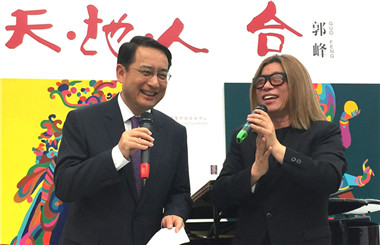
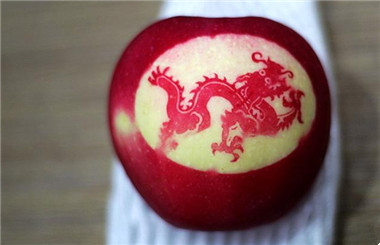

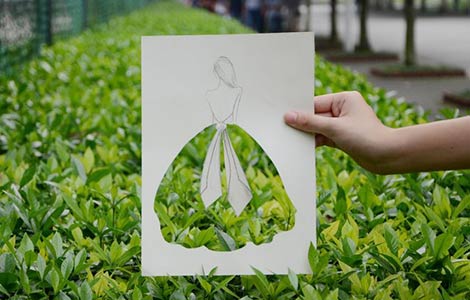
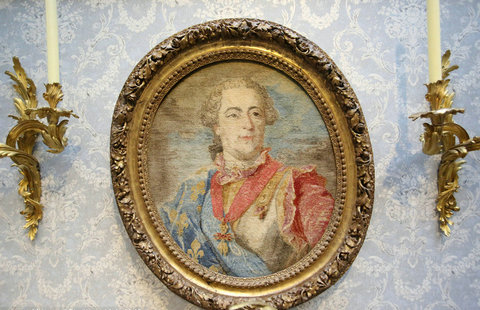
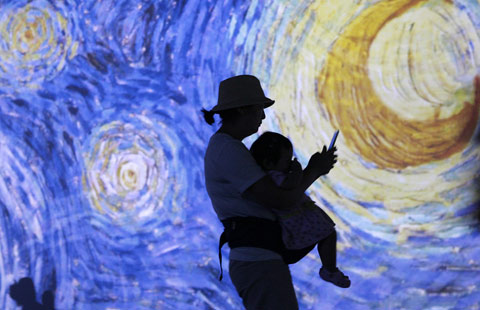

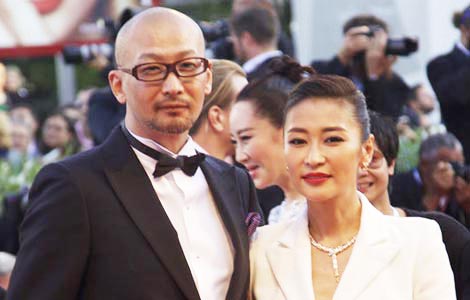








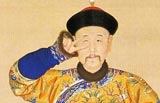


 Raymond Zhou:
Raymond Zhou: Pauline D Loh:
Pauline D Loh: Hot Pot
Hot Pot Eco China
Eco China China Dream
China Dream China Face
China Face

